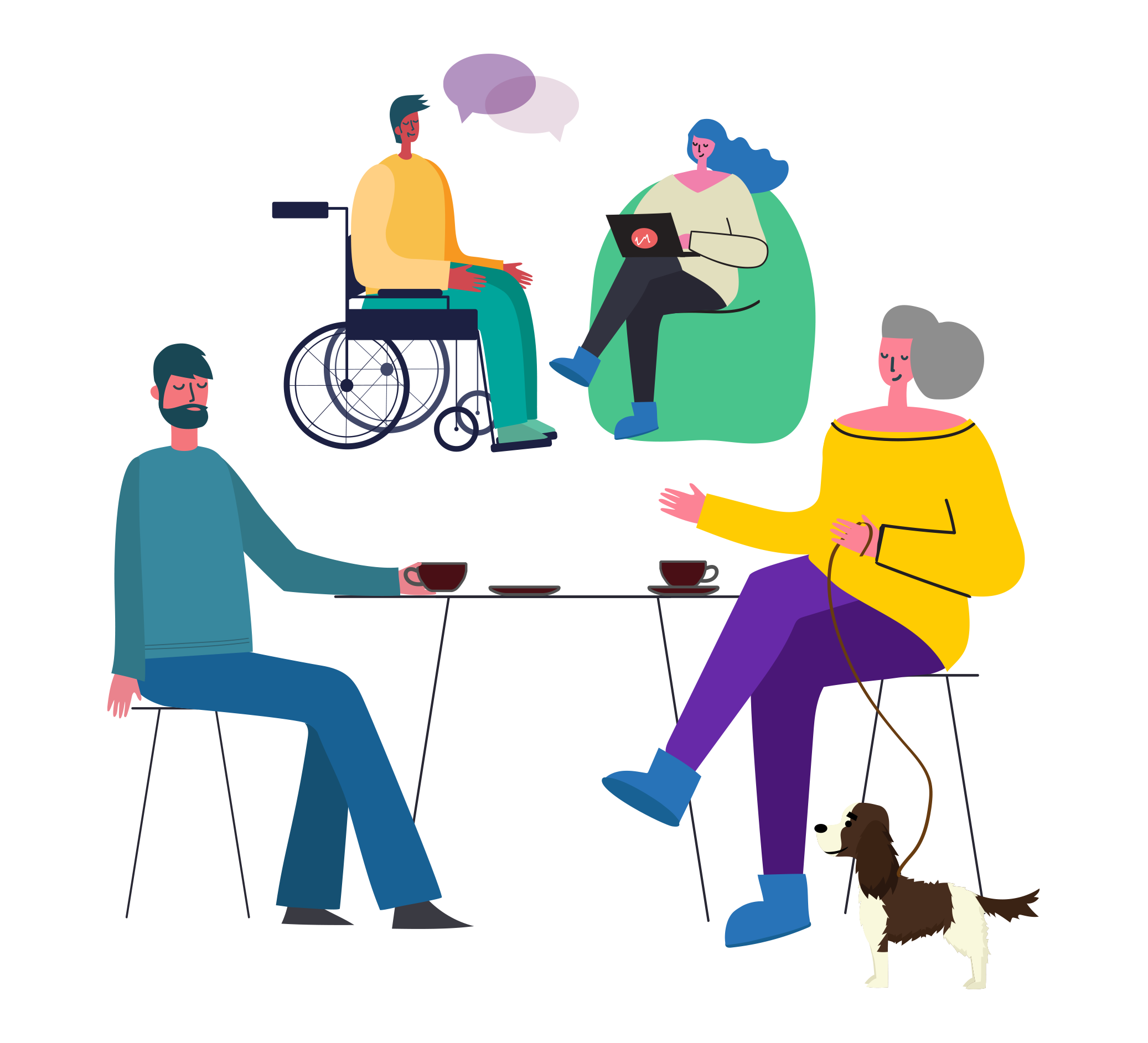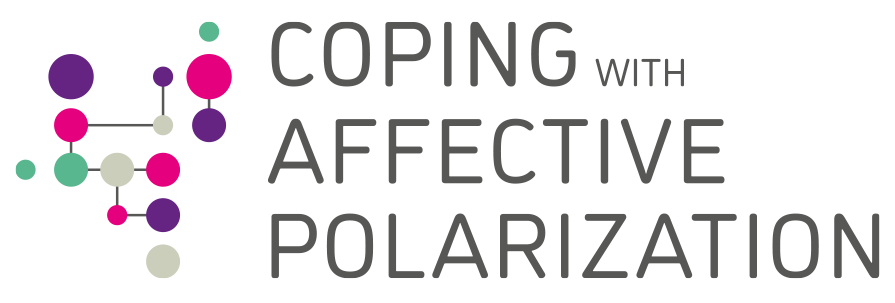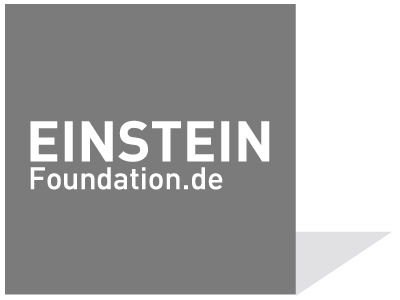
Lead Coordinator:
Prof. Dr. Christian von Scheve
Principle Investigators:
Prof. Dr. Denis Gerstorf, Prof. Dr. Ursula Hess, Prof. Dr. Jan Slaby, Prof. Dr. Christian von Scheve
Postdoctoral Researcher:
Dr. Stefanie Hechler
Doctoral Researcher:
Diego Dametto
Social encounters play a key role in affective polarization. While positive interactions between individuals with opposing political views are often seen as a way to reduce hostility, such interactions can also reinforce polarization. We focus on nonverbal behavior and emotional expressions in political encounters. Specifically, we study emotional contagion and social mimicry to understand how emotions are transferred between individuals. In political contexts, these emotional exchanges can foster social cohesion and mutual understanding, but they may also contribute to the rise of collective emotions and political mobilization.
Research Questions and Objectives
The Research Stream “Social Interactions” seeks to advance our understanding of the psycho-social mechanisms that shape social interactions within and between politicized groups, and how those influence affective polarization. Our research activities are guided by various research questions, such as:
Our interdisciplinary research team tackles such guiding questions by focusing on four main research areas:
Research Streams

